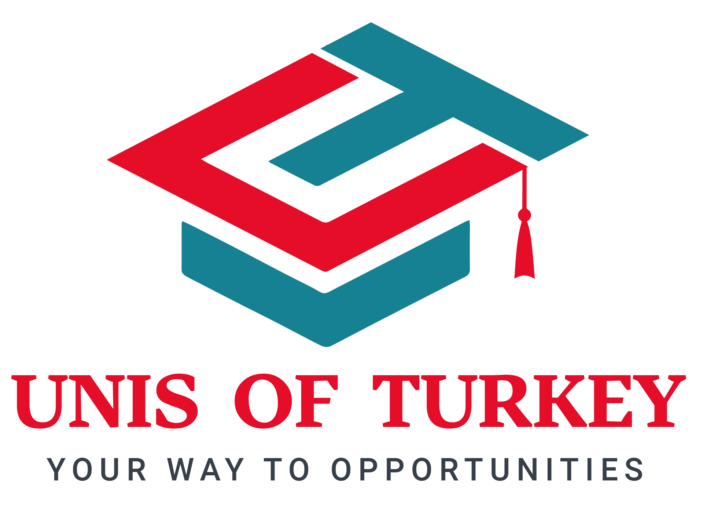19 Jul Life in Turkey
As the academic world expands and educational options become more worldwide, we are here to assist students and help them in every way we can to ensure that they can gain admission to universities.
We are pleased to support students and facilitate their chance to study abroad, assisting them in locating, applying to, and studying at a university that closely matches their particular interests and ambitions based on our significant expertise spanning almost a decade. However, we continue to gather experience since we are constantly eager to stay up to date.
Quality of Education:
Turkey’s higher education system has grown dramatically in both quality and quantity during the previous few decades. Turkish institutions currently provide a wide range of majors and options for international students.
International rating lists reflect the excellence of the higher education system in Turkey. According to The Times Higher Education BRICS & Emerging Economies Rankings 2017, 22 Turkish universities are among the top 500, 9 Turkish universities are among the top 800 world universities ranked by Quacquarelli Symonds (QS) in the UK, and 19 Turkish universities are among the top 1000 world universities ranked by METU Informatics Institute.
Turkish universities provide high-quality educational programs and are an important element of the European education system. A growing number of colleges are providing English degrees in fields like engineering, medicine, business, humanities, and finance.
Turkey is a member of several international platforms and has been a participant in the Bologna process since 2001. This implies that all students can continue their studies in other countries using ECTS (European Credit Transfer System) and that their degrees will be accepted in other countries.
Living Expenses:
When deciding to study abroad, you should consider the cost of education and living expenses. Turkey has much lower tuition prices and living costs when compared to other foreign student destinations. According to the 2017 Cost of Living Survey, the cost of living in Turkey is 44.41 percent cheaper than in the United States (aggregate data for all cities) Turkey’s major cities rank toward the bottom of the list of most costly cities.
Monthly living expenditures for a foreign student range between $500 and $700, depending on the student’s lifestyle. Administrative costs range between $100 and $150 each semester.
Transportation:
In Turkey, public transportation is easily available and frequently used. Istanbul’s Metro, trams, buses, ferries, minibusses, and various suburban railways may help you move around. Students can receive discounts on all modes of transportation if they have a valid student ID.


Sorry, the comment form is closed at this time.